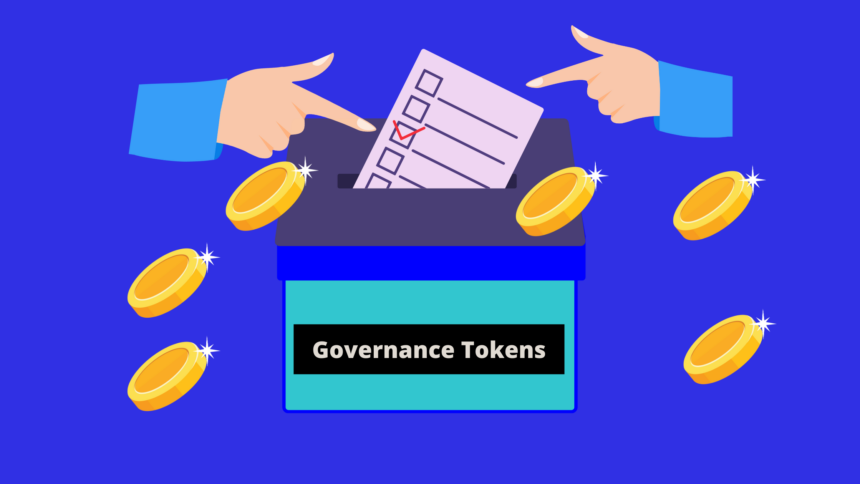Decentralized Finance (DeFi) has taken the crypto world by storm, offering users financial services without the need for traditional banks. At the heart of many DeFi projects lies the governance token—a powerful tool that puts decision-making in the hands of the community. But how exactly do governance tokens shape the future of DeFi, and why are they so important?
What Are Governance Tokens?
Governance tokens are digital assets that give holders the right to participate in the decision-making process of a DeFi protocol. Instead of relying on a central authority, token holders can vote on proposals, suggest upgrades, and influence the direction of the project. In essence, governance tokens transform users into stakeholders, making them active participants in the ecosystem.
Why Governance Matters in DeFi
One of the biggest promises of DeFi is decentralization—removing control from a single entity and distributing it across a community. Governance tokens play a vital role in making this possible by:
- Driving decentralization – ensuring no single entity has absolute power.
- Encouraging innovation – community-driven proposals often bring new ideas.
- Building trust – investors and users are more likely to engage when they know they have a voice.
Real-World Examples
Popular DeFi platforms like Uniswap, Aave, and MakerDAO use governance tokens to manage everything from fee structures to protocol upgrades. For example, MakerDAO’s MKR holders vote on stability fees and collateral types, directly impacting how the system runs. This model proves that governance tokens are more than just speculative assets—they are tools for sustainable growth.
The Future of DeFi Governance
As DeFi expands, governance tokens could become even more significant. We might see:
- Cross-protocol governance, where decisions span multiple platforms.
- Increased voter participation, driven by incentives for token holders.
- Hybrid models, blending community input with expert advisory councils.
If governance tokens continue to evolve, they could set the foundation for truly decentralized economies, where communities—not corporations—control financial infrastructure.

